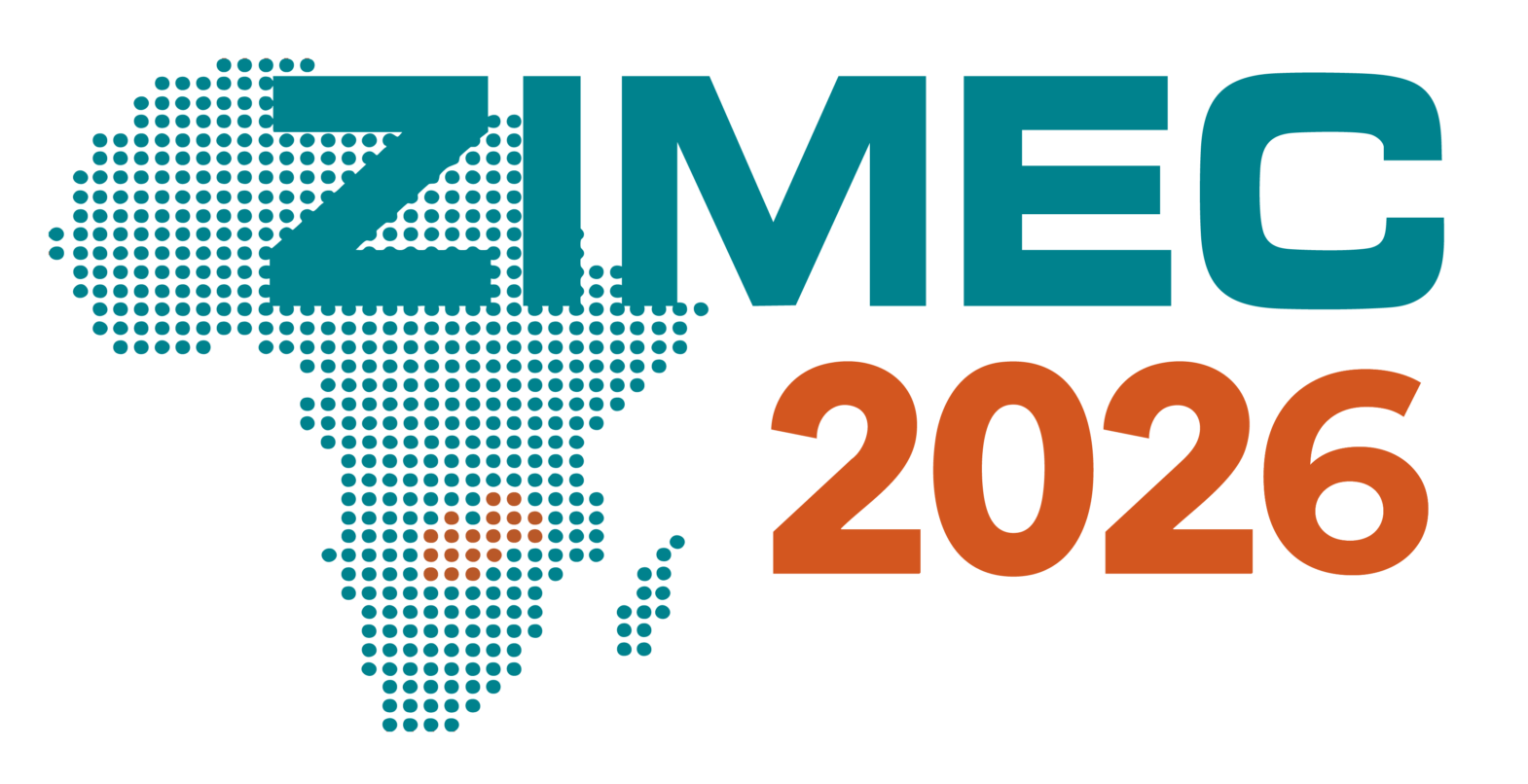UNECA Speaker Interview
Director – Southern Africa
United Nations Economic Commission for Africa (UNECA) Director for Southern Africa
Eunice is a dynamic leader and macroeconomist with specialist knowledge on regional and global development issues. She is highly skilled at macroeconomic analysis, structural transformation, economic diversification and development planning to reduce poverty and inequalities for sustainable human development. Eunice currently serves as the Director of the Southern Africa regional office at the United Nations Economic Commission for Africa leading a diverse and talented team that is supporting economic transformation and diversification in the Southern African region.
- UNECA is a key partner for Zambia in its efforts to harness its natural resources for industrialization and sustainable development. How is UNECA working with Zambian stakeholders to achieve this?
UNECA has a strong collaboration with all Zambian stakeholders and other development partners using UNECA’s convening, technical support and think tanking capacities to mobilize consensus around specific issues, including
– industrial policy development,
– the AfCFTA, special economic zones and
– value chains development
Industrial Policy Development: The United Nations Economic Commission for Africa Sub-regional Office for Southern Africa (SRO-SA), through the Ministry of Commerce, Trade and Industry and other national stakeholders, has supported the re-calibration of Zambia’s Industrial Policy as part of technical assistance towards accelerating industrialization in Southern Africa. Through this support, the country assessed the implementation of the Zambia National Industrial Policy (ZNIP) and its alignment with the Common Market for Eastern and Southern Africa and the Southern African Development Community industrialization policies and strategies. The analysis led to the drafting of an implementation plan for the ZNIP for the period 2024-2027 in a fully consultative manner with the involvement of all stakeholders. The review of Zambia’s industrial policy is part of a regionwide initiative to provide a platform for regional industrial value chains in, especially the agriculture and the minerals sector.
National AfCFTA Strategy Formulation and Implementation: ECA supported the Zambian Government’s Ministry of Commerce, Trade and Industry to develop and launch a national strategy on the implementation of the African Continental Free Trade Area (AfCFTA) Agreement. The Strategy, developed in a fully consultative manner, was successfully launched in July 2021 and as a full member of the AfCFTA, Zambia can leverage the strategy to explore and exploit markets on the continent based on its comparative advantages. The implementation strategy of the National Industrial Policy complements the AfCFTA strategy as it supports industrialization and the production of competitive value-added goods. As part of strengthening capacity under the AfCFTA, a study to review the environment in terms of its readiness for the AfCFTA implementation was undertaken in collaboration with the private sector.
Capacity building for AfCFTA implementation: ECA, through the African Institute for Economic Development and Planning (IDEP) and ATPC provided training on Trade Policy Formulation, Trade Negotiations and Trade Facilitation from 6 to 24 September 2021 as part of the process of enhancing the capacity of Zambian stakeholders to participate in the Multilateral Trading System, Regional Trade Area and Trade Facilitation, including within the context of the AfCFTA.
Development of a Green Supplement to the national AfCFTA Implementation Strategy for Zambia: ECA, through its Africa Trade Policy Center, established a work programme to analyse the important linkages between trade and the environment. The Government of Zambia, with support from the ECA and funding by DANIDA, developed the ‘Draft Green Supplement to the National AfCFTA Implementation Strategy’ to highlight green trade opportunities within the context of the Agreement. A workshop to discuss the draft Green Supplement to the Strategy for the Implementation of the AfCFTA Agreement in Zambia was convened in November 2024. The workshop validated the Draft Green Supplement and enhanced awareness and understanding of opportunities and challenges to develop green trade value chains in the context of the AfCFTA specifically on the oleaginous plants, seeds and fruits value chain, as well as the wood and paper value chain.
Supporting Value Chains Development in agriculture and mining sectors: Zambia is one of the leading countries in the endeavour to develop cross border special economic zones on the continent. Two initiatives, the Common Agro-Industrial Park (CAIP) with Zimbabwe and the Battery Electric Vehicle (BEV) value chain epitomize the desire of regional member States to collectively develop cross border value chains.
The CAIP is anchored on the COMESA Treaty Article 99 which urges member States to collaborate for industrial development and the collaboration was further strengthened through a memorandum signed between the two countries to develop a cross border special economic zone. ECA has provided technical support to undertake and finalize a prefeasibility study, conduct project sensitization, support value chains analysis for dairy and maize and to develop a draft policy, legal and regulatory framework. Both countries have identified the respective locations of the CAIP in the respective countries and the mobilization of resources for a detailed feasibility is currently underway to take the project forward. Support to the initiative is through ECA in collaborating with BADEA, AfDB and UNIDO.
The BEV transboundary special economic zones between the DRC and Zambia are anchored on the endowment of critical energy transition minerals and intend to exploit the current boon in the sector motivated by the clean energy transition to build an integrated value chain. A Cooperation Agreement and Cooperation Framework were signed between the two countries to support the initiative. The two countries are endowed with minerals critical for the clean energy transition including cobalt, copper, graphite, lithium, manganese, nickel and other rare earths and the transboundary SEZ seeks to facilitate the growth of the integrated value chains anchored on value addition and beneficiation. The SEZs will be in Ndola and Kolwezi, adjacent locations in the two countries. ECA and AFREXIMBANK are technical partners on the initiative supporting the two countries and their stakeholders and have been actively involved in the completion of the prefeasibility study, the sensitization activities on the project in the two countries and the validation of the prefeasibility study in both countries. Currently, AFREXIMBANK, ECA and the two Governments and their institutions are drafting Terms of Reference for a Strategic Partner/Developer to take the project forward.
In addition, Zambia also benefits from region-wide technical assistance and capacity building initiatives rolled out by the Sub regional office in various areas – recent work on critical energy transition minerals and renewable energy provided recommendations to strengthen the developmental roles of these sectors – recent regional work on facilitating the growth of the renewable energy sector in Southern Africa is particularly relevant for Zambia.
- How important is a regional approach to the effective utilisation of natural resources and how can regional countries work more closely?
Apart from mobilizing collective strengths and comparative advantages, a regional approach to natural resources development facilitates the development of value chains, linkages and creates a larger market to support industrial development, including exploiting the opportunities from the AfCFTA – the technical capacity as well as the ability to build consensus among member States enables ECA to support regional development,
– creation of an environment for regional value chains development, including cross border developments to exploit economies of scale and the linkages
– facilitation of exploitation of comparative advantages including skills, infrastructure and resource endowments
– policy alignment and harmonization are key first steps in developing a platform for collaboration
Regional Approach to Minerals Development and Regional Value Chains: Natural resources management, particularly in the extractives industry, can make a meaningful contribution to Zambia’s economic growth when it leads to linkages to the broader national and regional economy. Regional integration and the exploitation of regional value chains are key for industrialization, value addition and the creation of linkages. For example, the exploitation of regional mineral resources in a harmonized environment is a key aspect of the regional approach to the growth and maturity of value chains. For the minerals sector, member States of SADC are guided by the Protocol on Mining, the Framework for the Harmonization of Policies, Legal and Regulatory Frameworks and the SADC Regional Mining Vision in pursuing a regional approach to minerals development. These frameworks are anchored on the Africa Mining Vision as well as the Green Minerals Strategy. In 2015, ECA supported SADC profile mineral value chains across all commodities with the aim of assessing the feasibility of an approach that utilizes regional capacities and endowments in growing value chains.
Zambia launched a National Critical Minerals Strategy (2024-2028) in July this year to guide the exploitation of the vast critical mineral resources. The National Critical Minerals Strategy, aligned to the Africa Mining Vision, the SADC Regional Mining Vision and the draft Africa Green Minerals Strategy, aims to maximize Zambia’s socio-economic benefits from its mining sector and among others, calls for accessible financing and affordable technology to support sustainable economic growth through a robust and sustainable mining industry sector leveraging Zambia’s critical minerals. The strategy can precipitate the growth of a regional value chain in the BEV sector leveraging the resources in the region.
The SADC Industrialization Strategy and Roadmap (2015-2063), anchored on the three pillars of industrialization, competitiveness and regional integration is expected to ensure that the region fully benefits from its vast natural resources. Alignment of national policies and strategies with the regional framework will create a platform for a regional approach to the development of mineral resources. In addition, the implementation of the Africa Continental Free Trade Area Agreement anchored on national strategies will further strengthen collaboration and value chains development. Similarly, the SADC Protocol on Industry (2019) further anchors industrialization initiatives in the region and underscores beneficiation, value addition and regional value chains as key.



